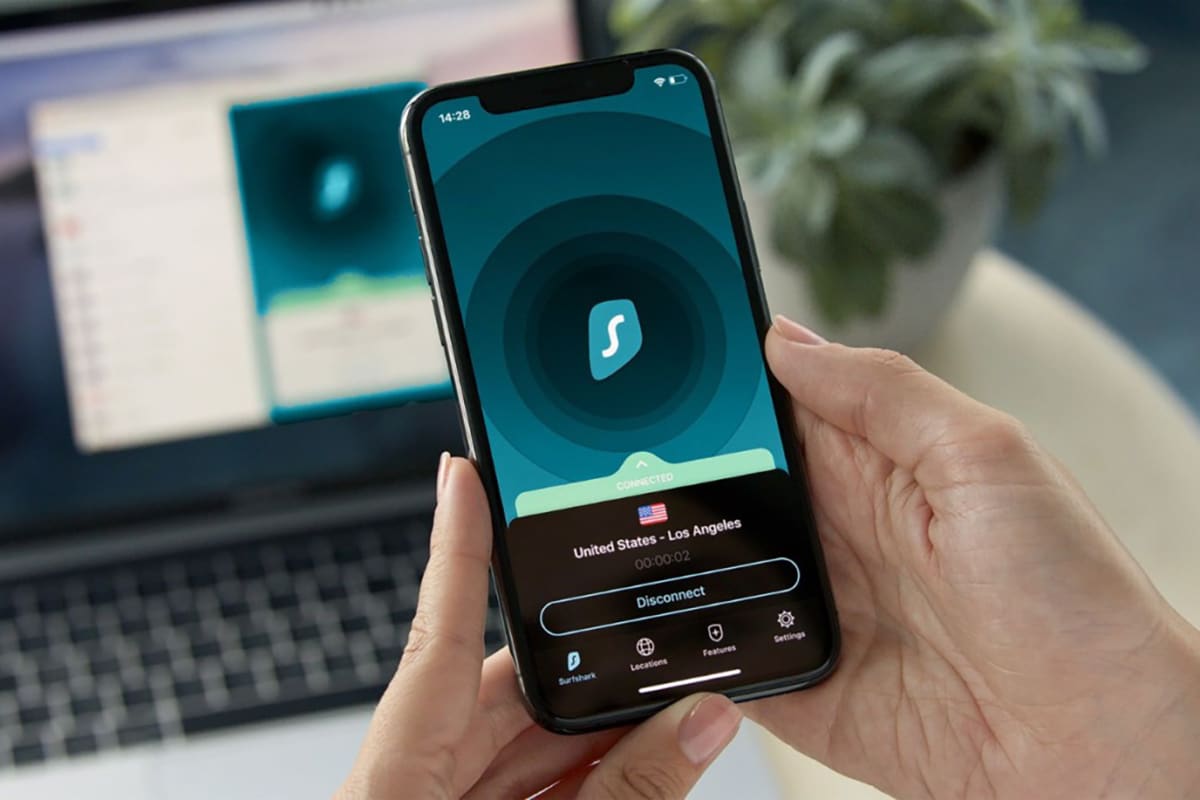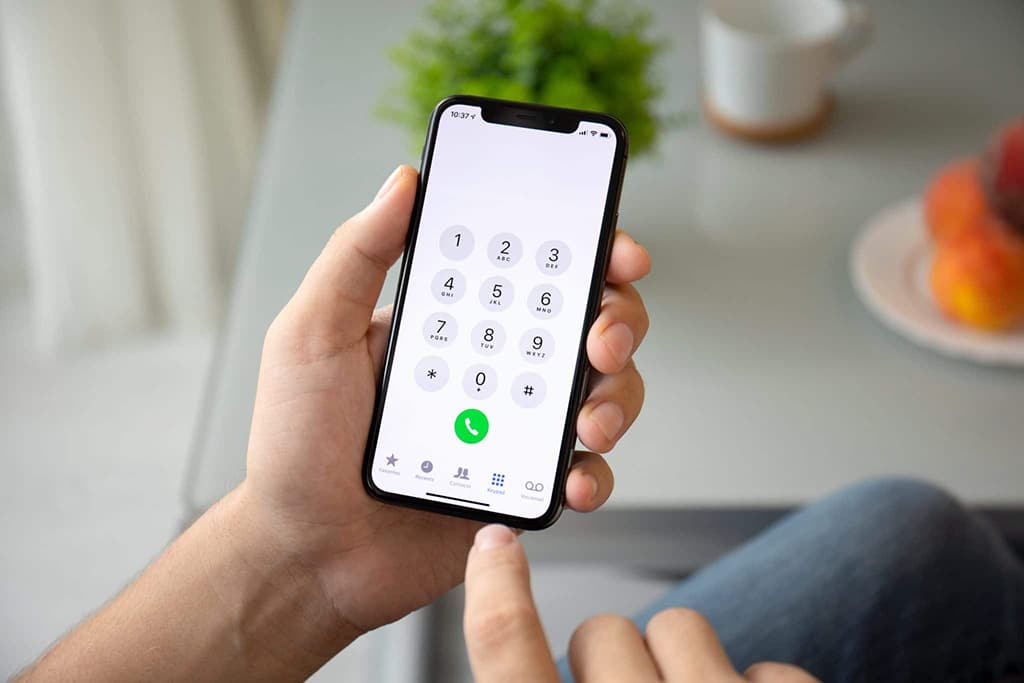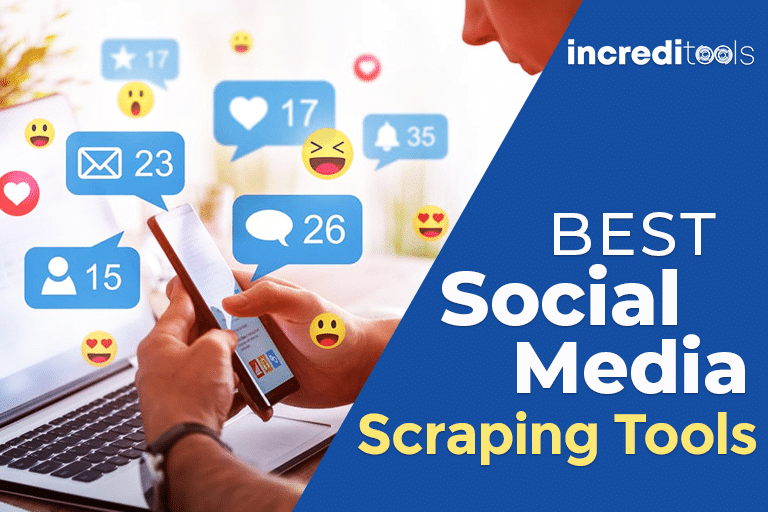As our kids spend more time on smartphones, the parental dilemmas of the digital age continue. We want to give our children freedom to explore and connect online. But we also need to keep them safe from very real threats like cyberbullying, predators, and inappropriate content.
Parental monitoring apps promise to help by providing visibility into a child‘s activities. But does that benefit outweigh potential privacy risks? Let‘s take an in-depth look at one such app, Eyezy, to gauge if its extensive features warrant consideration as a parenting aid.
What Eyezy Lets You See
Eyezy offers unprecedented insight into your child‘s digital life – the good, the bad and the ugly. Once installed on your child‘s device, the app captures a wide range of phone activities and makes them accessible to your registered parent account.
Some of Eyezy‘s capabilities include:
Social media tracking – View your child‘s private messages, posts, likes and browsing on Instagram, Snapchat, WhatsApp and other platforms.
Web monitoring – Eyezy logs every website visited by your child and lets you block sites. You‘ll see web searches too.
Location tracking – Follow your child‘s location in real-time via GPS and get notifications when they arrive or leave destinations.
App and screen time limits – Block app usage and limit daily or weekly screen time. Rewards can be set for good behavior.
Text message monitoring – Read all incoming and outgoing texts, even if later deleted on the device.
Keystroke logging – Every tap and swipe on the device is captured, allowing you to see anything typed or searched.
That‘s just a sampling of Eyezy‘s robust feature set for keeping tabs on your kid‘s digital activities. How does it stack up to competitors?
Eyezy captures more data points than many parental control apps, with over 25 monitoring features compared to around 10-15 offered by competitors like Qustodio, Bark and LocationSmart. However, it lacks standalone adult content filters offered in some alternatives.
Now let‘s dive into Eyezy‘s implications for child privacy and safety.
Navigating the Ethical Considerations
Many parents install monitoring apps like Eyezy hoping to protect their child online. But there are ethical questions surrounding consent and privacy to consider.
Some key stats on threats facing kids online:
- Over 50% of teenagers in the US have experienced cyberbullying. (Source: Cyberbullying Research Center)
- 1 in 9 teens have had embarrassing photos shared without consent. (Source: Thorn)
- 7 in 10 abductions result from predators contacting minors online. (Source: Operation Underground Railroad)
"I‘ve seen the emotional damage when kids are betrayed by peers or taken advantage of by strangers online," says Michelle Kaplan, a high school guidance counselor. "Parents have a duty to shield them."
However, experts agree total surveillance is neither effective nor healthy in the long run.
“Monitoring should have limits and be disclosed to build digital responsibility,” advises parenting author Catherine Newman. “Otherwise it breeds distrust and rebellion.”
Here are some best practices when using parental monitoring apps according to child psychologists:
- Inform your child you are using monitoring software and what types of data will be collected. Discuss online safety openly.
- Limit monitoring of personal apps and communications unless a specific risk arises. Ongoing broad surveillance can feel invasive.
- Periodically review settings and controls to ensure they are still warranted as your child matures.
- Set time limits on your own monitoring app usage. Constant checking can become compulsive.
- Secure access to the app dashboard and do not share information with others. Respect your child‘s privacy.
Apps like Eyezy give you more intimate knowledge of your child‘s friends, interests, and struggles. Approach this responsibility thoughtfully and handle sensitive insights with care.
Is Eyezy Secure and Trustworthy?
Eyezy comes from Fortune Limited, a Hong Kong-based technology company founded in 2021. The app is available through both the Apple App Store and Google Play Store, meaning it adheres to Apple‘s and Google‘s security standards.
According to Eyezy‘s website, all data transmission is encrypted. User accounts are also protected by two-factor authentication. However, some independent reviews report occasional lags in syncing monitoring data to the dashboard. During these delays, deleting activities on the device could prevent records from being visible to parents.
On the app stores, Eyezy earns a 4 out of 5 star rating based on over 300 combined reviews. Positive feedback highlights the range of features offered for a relatively low monthly fee. Complaints mostly relate to technical glitches.
Overall, Eyezy appears legitimate and secure enough for most parental needs. But as with any app accessing sensitive data, caution is advised. Enable security settings like facial or fingerprint login on your account and encourage your child to use a strong passcode on their device.
Guidance from Parents and Experts
A tool like Eyezy can provide valuable insight. But it should augment rather than replace parental involvement and trust. The surveillance capabilities may give you peace of mind. But proceed with care.
Here is guidance from parent bloggers and tech experts on finding the right balance:
"Constant monitoring will backfire. Foster openness instead so your child will come to you about online issues." – Marc Wallace, fatherhood blogger
"Focus on teaching online safety and ethics. Monitoring should be a temporary aid, not a permanent crutch." – Vidya Srinivasan, technology columnist
"Apps have a role but are no substitute for engaged, caring parenting. Take time to have meaningful talks." – Tanya D‘Souza, motherhood writer
The consensus is clear: Any technology should be an adjunct to active involvement in your child‘s life, not an excuse to outsource parenting.
Key Takeaways for Parents
Based on Eyezy‘s capabilities and expert recommendations, what should parents keep in mind?
Eyezy provides extensive visibility but using those insights ethically is imperative. Inform and involve your child.
Balance monitoring with autonomy as your child earns trust. Adjust controls appropriately over time.
Secure your account and limit collection of private data. Handle any sensitive insights discreetly.
Set a healthy example by limiting your own app use. Constant monitoring can become addictive.
Have open conversations about online safety and ethics. A strong parent-child relationship is the ultimate protection.
Use tools judiciously to complement engaged parenting, not replace it. Your involvement is the real key.
If approached thoughtfully, Eyezy can aid parents in guiding children through the digital wilderness. But it is only one part of a comprehensive approach to promoting responsible digital citizens.
Monitor judiciously, communicate openly and parent conscientiously. With care and moderation, Eyezy can support you in helping your child gain confidence and competence online.




